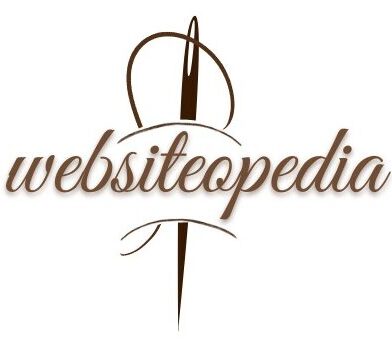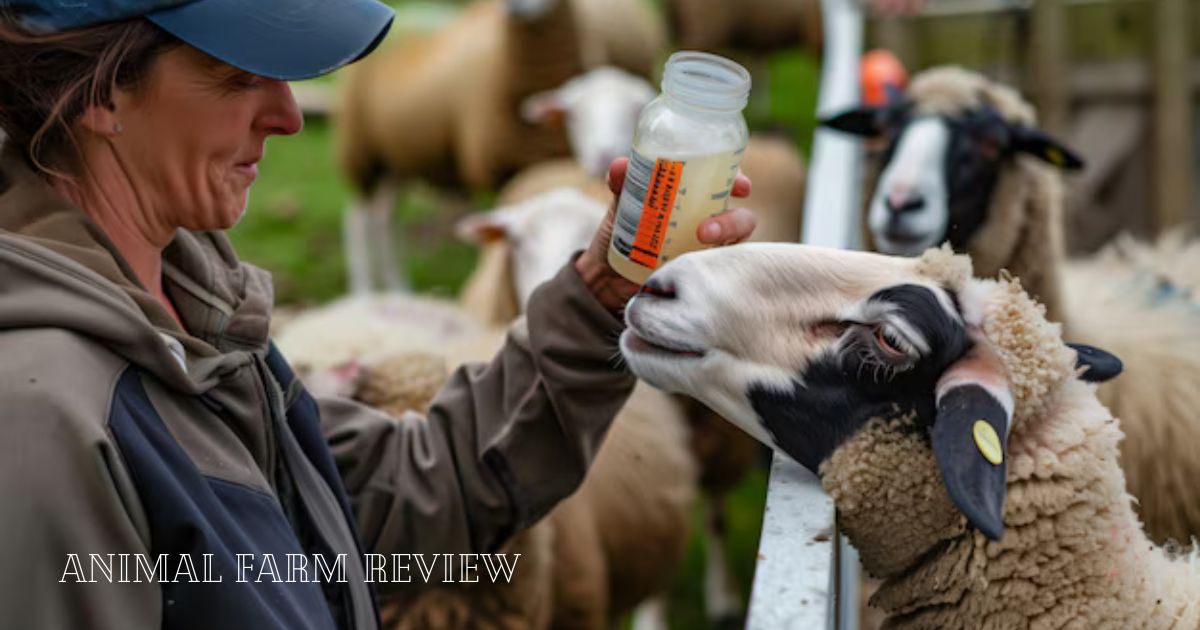Introduction
George Orwell’s Animal Farm Review is a novella that has captivated readers since its publication in 1945. Set on a farm where the animals overthrow their human owner and establish their own regime, the story is a profound allegory for the dangers of power and totalitarianism. Orwell brilliantly uses a simple tale about farm animals to explore complex themes of political manipulation, class struggle, and the corruption of ideals. Animal Farm remains relevant to this day, as it reflects the dynamics of power in any society where inequality, exploitation, and tyranny can flourish.
Plot Overview
The story begins at Manor Farm, where the animals, led by the pigs, revolt against their human farmer, Mr. Jones, who has neglected and mistreated them. The pigs, particularly Snowball and Napoleon, take charge, with the promise of a utopian society where “all animals are equal.” They rename the farm “Animal Farm” and adopt the Seven Commandments, which are supposed to guide their new life of freedom. However, as the story progresses, it becomes clear that Napoleon, one of the leading pigs, has his own agenda. He uses fear, propaganda (through the pig Squealer), and the manipulation of language to consolidate his power.
Themes Explored
Corruption of Power: Orwell demonstrates how those in power can easily become corrupt, as seen in the gradual transformation of Napoleon and the pigs into tyrants. The famous line “All animals are equal, but some animals are more equal than others” perfectly encapsulates the hypocrisy and betrayal of the revolution’s ideals. Class Struggle: The novella highlights the exploitation of the working class (represented by animals like Boxer) by the ruling elite (the pigs). The Role of Propaganda: Squealer’s manipulation of facts and language symbolizes the role of propaganda in maintaining control over the populace. Orwell’s depiction of how the pigs rewrite history and twist the truth speaks to the dangers of unchecked authority.
Napoleon: The power-hungry pig who becomes the farm’s dictator. He represents the dangers of tyranny and the corrupting influence of power. Snowball: Napoleon’s rival who is exiled from the farm. He is a symbol of idealism and intellectualism, ultimately defeated by brute force. Boxer: The hardworking horse who believes in the revolution’s cause but is ultimately betrayed. His loyalty and sacrifice represent the exploited working class. Squealer: The pig who serves as Napoleon’s spokesperson. Squealer’s ability to manipulate language and truth represents the power of propaganda in controlling the masses.
Conclusion
Animal Farm Review is a powerful commentary on the nature of power, corruption, and the fragility of idealism. Orwell’s novella remains relevant across generations, as it continues to reflect the political and social challenges faced by societies worldwide. The lessons it imparts about the corrupting influence of power, the exploitation of the working class, and the role of propaganda resonate as much today as they did in Orwell’s time. In just a few short pages, Animal Farm leaves readers with a haunting reminder of the dangers of unchecked authority and the need for vigilance in protecting democratic ideals.
FAQs
What is the main theme of Animal Farm?
The primary theme of Animal Farm is the corruption of power. Orwell illustrates how revolutionary ideals can be corrupted when individuals seek absolute power, leading to tyranny and oppression.
What is Animal Farm an allegory for?
Animal Farm Review is an allegory for the Russian Revolution of 1917 and the subsequent rise of the Soviet Union under Joseph Stalin. The characters and events in the novella parallel real historical figures and occurrences from this time period.
Who do the characters Napoleon and Snowball represent?
Napoleon represents Joseph Stalin, while Snowball represents Leon Trotsky. The conflict between the two characters reflects the power struggle between Stalin and Trotsky during the early years of the Soviet Union.
What role does propaganda play in Animal Farm?
Propaganda, represented by the character Squealer, plays a crucial role in maintaining Napoleon’s control over the farm. Orwell uses Squealer to demonstrate how those in power can manipulate language and truth to deceive and control the masses.
What is the lesson of Animal Farm?
The lesson of Animal Farm Review is a warning about the dangers of totalitarianism and the corrupting influence of power. It urges readers to be vigilant against the misuse of power and the erosion of democratic principles.










